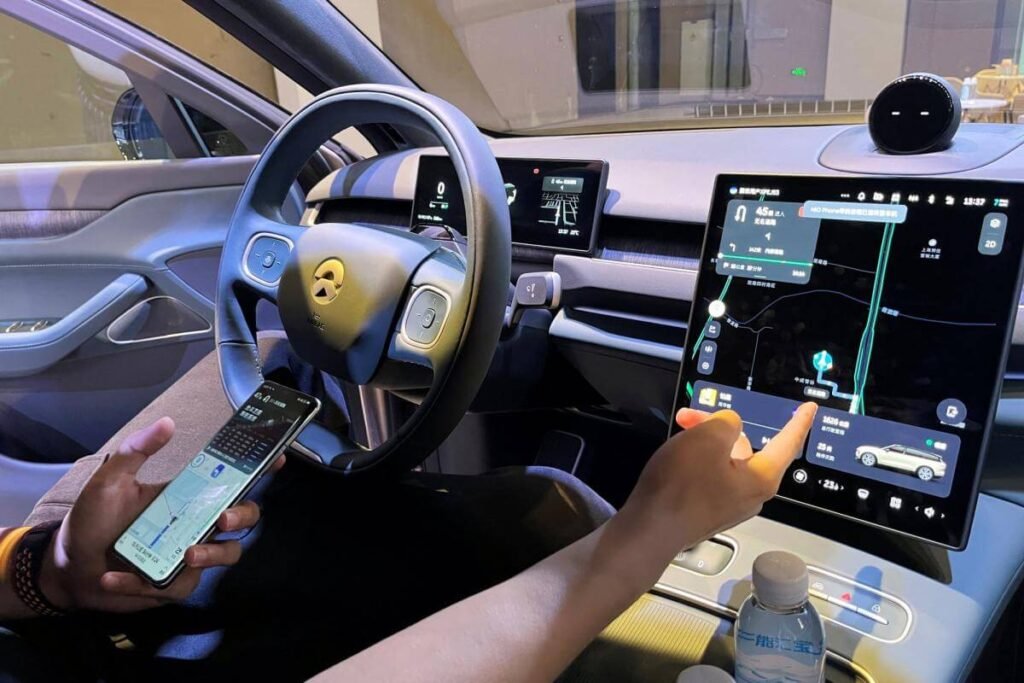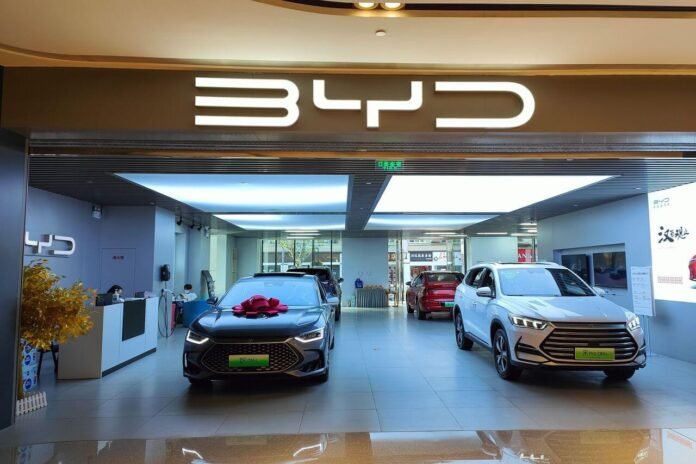This Content Is Only For Paid Member
Nio Inc., the Chinese electric vehicle (EV) manufacturer, has announced measures to trim its workforce and explore the possibility of divesting non-core businesses in an effort to enhance efficiency and reduce costs. This decision comes as Nio falls significantly short of its sales targets and continues to report losses.
According to an internal letter signed by Nio’s founder and CEO, William Li, the company will cut 10% of its staff positions in November. The reduction will primarily target “duplicate” and “inefficient” roles. Additionally, investments in projects that do not contribute to the company’s financial performance within a three-year timeframe will be deferred or eliminated.
While Nio’s US-traded stock experienced a pre-market increase of up to 3.2%, the company, once regarded as one of China’s leading EV manufacturers, has been grappling with sales shortfalls and persistent losses. As of the end of 2022, Nio employed 26,763 full-time staff. Beyond EVs, the company is involved in battery and semiconductor research and development, as well as mobile phones.

The decision to downsize its workforce and contemplate the closure of non-core units reflects the competitive pressures within China’s EV market, the world’s largest, where industry leaders like BYD Co. and Tesla Inc. have overshadowed smaller players. A price war initiated by Tesla in the US a year ago has added to the pressure, with other companies subsequently reducing their prices in a bid to attract customers as sales showed signs of decelerating.
In his letter, CEO William Li acknowledged the difficulty of the decision, stating, “This is a tough but necessary decision against fierce competition. Our journey is a marathon on a muddy track.” He emphasized the company’s commitment to “qualify for the next round of competition” by reducing costs and ensuring resources for vital business areas. Li also extended an apology to the colleagues affected by the adjustments.
Nio holds a 2.1% share of China’s new-energy vehicle market, which includes hybrids, with sales of approximately 110,000 EVs in the first nine months of this year, falling significantly short of its annual target of 250,000 vehicles. In comparison, BYD recorded sales of over 165,000 fully electric cars in October alone, reaching 301,095 when including hybrid sales.
Founded in 2014, Nio has been recognized for its innovative showrooms, known as Nio Houses, which offer exclusive lounge-like spaces for EV owners, providing complimentary beverages and social classes. Additionally, Nio offers membership-like benefits, including free battery-swapping, charging, and roadside assistance.
However, as financial pressures have mounted, Nio has been scaling back some of these services. Despite its endeavors, the automaker has not yet posted a profit and reported a larger-than-expected loss of $800 million in the last quarter. Its market value has dwindled from a peak of $99 billion in February 2021 to $13 billion.
In the second quarter, Nio’s gross margin dropped to as low as 1% due to the intensifying price war. In June, Nio secured $738.5 million from the Abu Dhabi government in exchange for a 7% stake in the company. Nio has also explored avenues to raise additional funds, including approaching Middle Eastern investors for an additional $3 billion.




